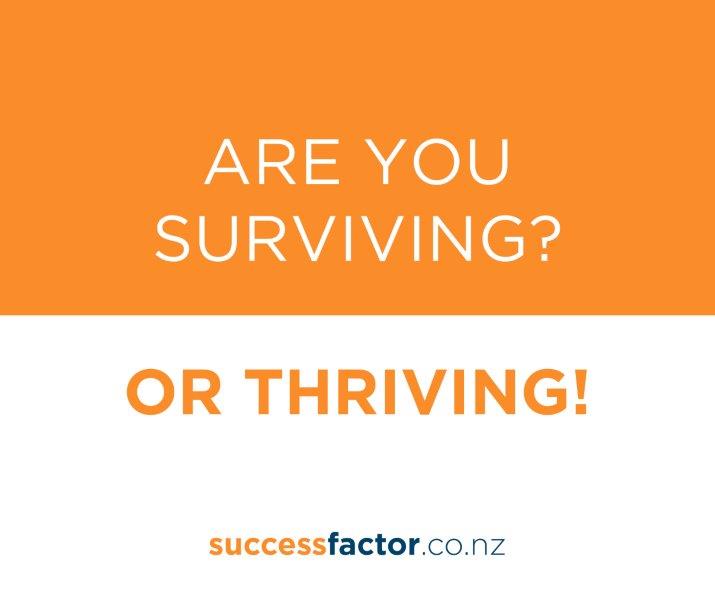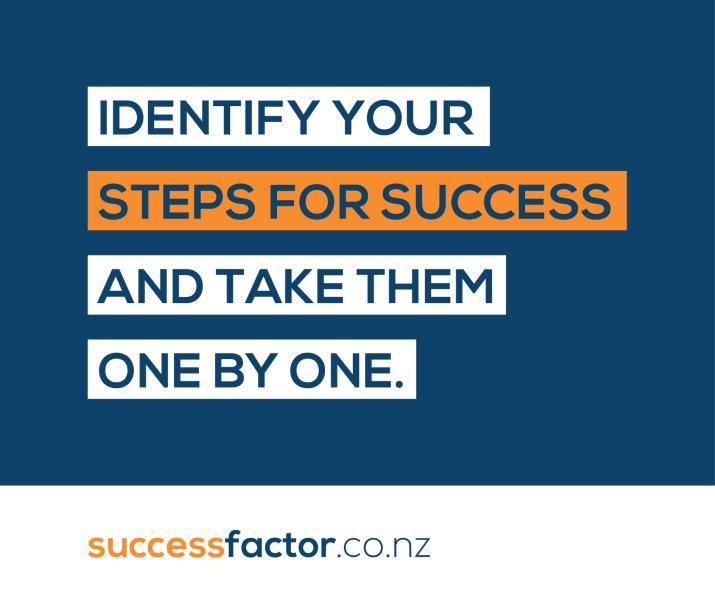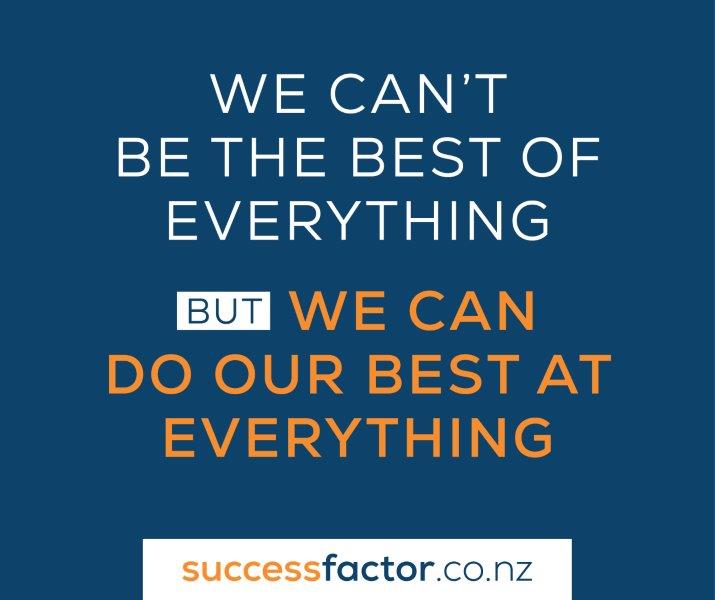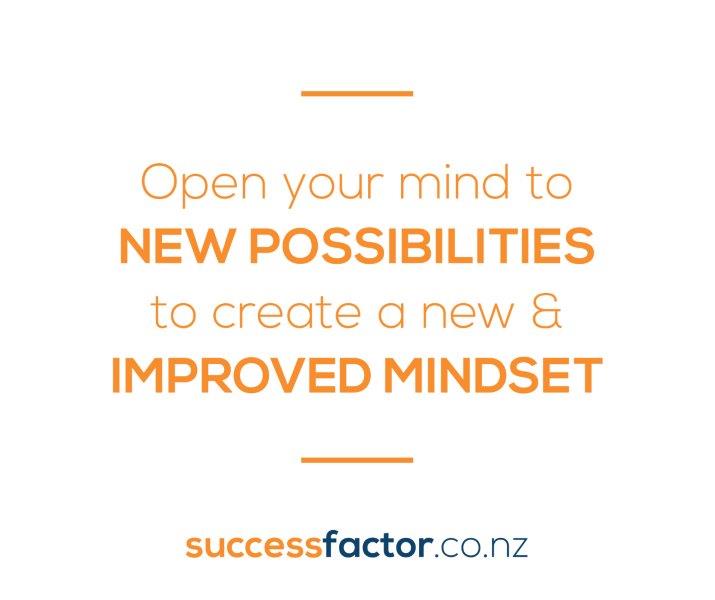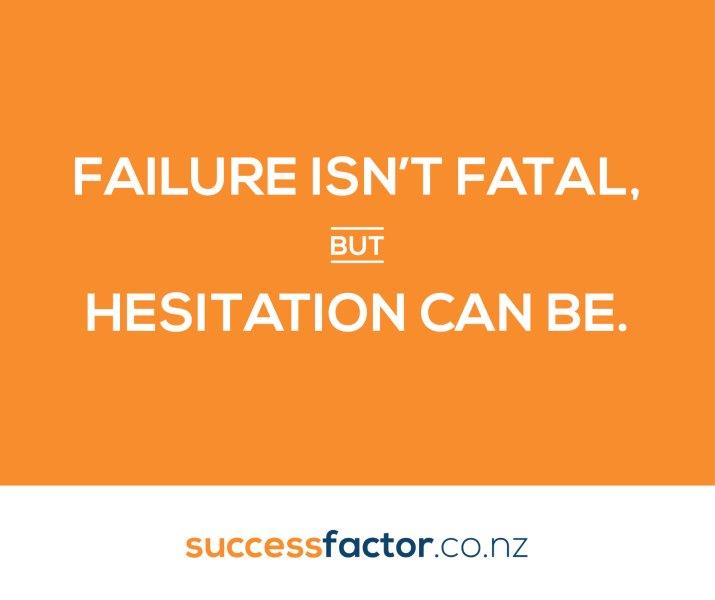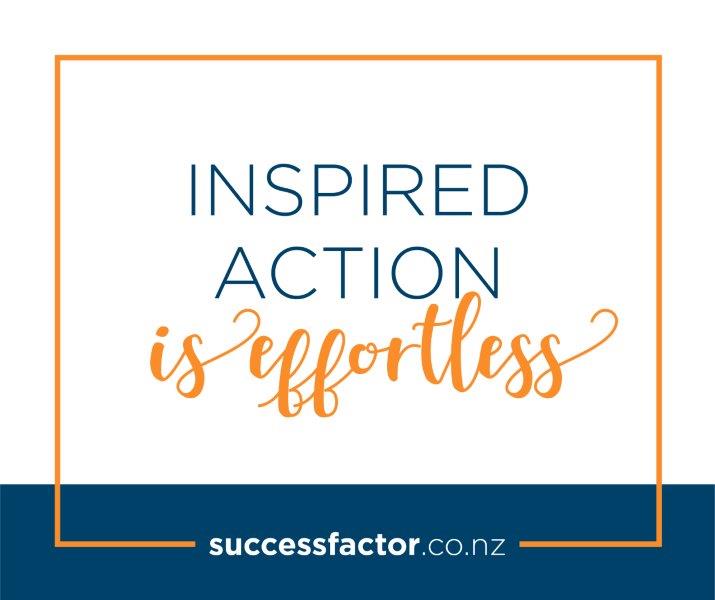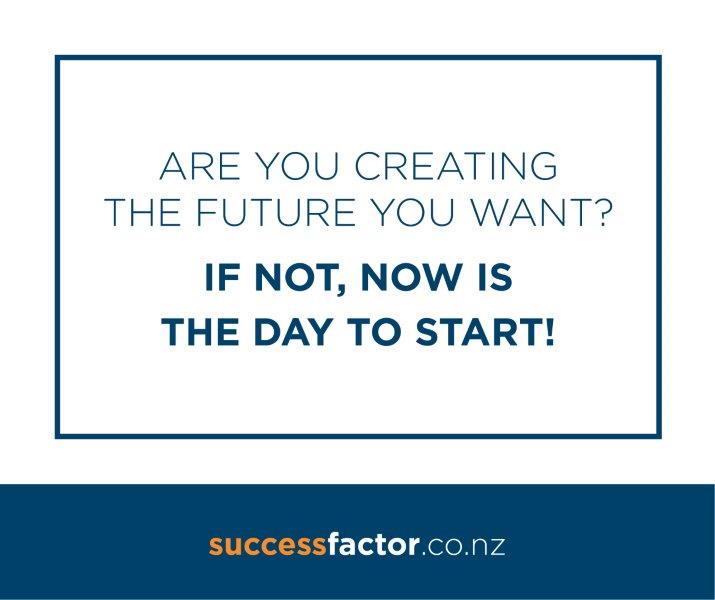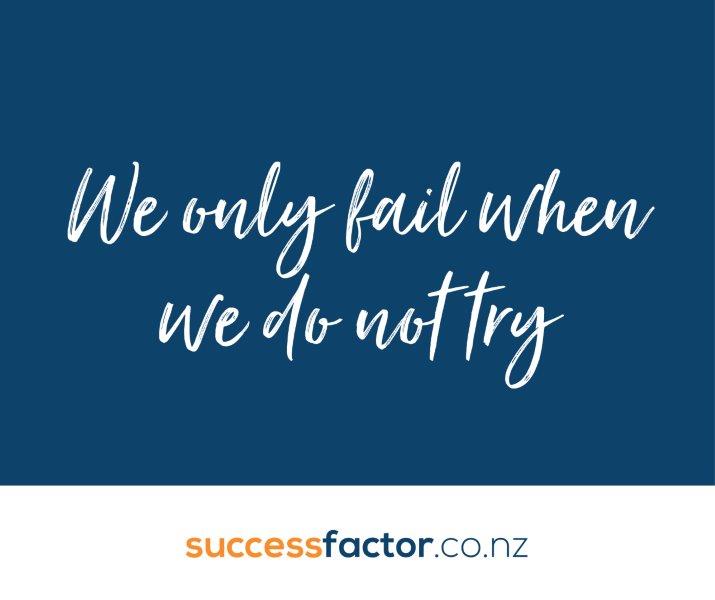How Business Coaching and Mentoring Can Help with Mental Health and Wellbeing
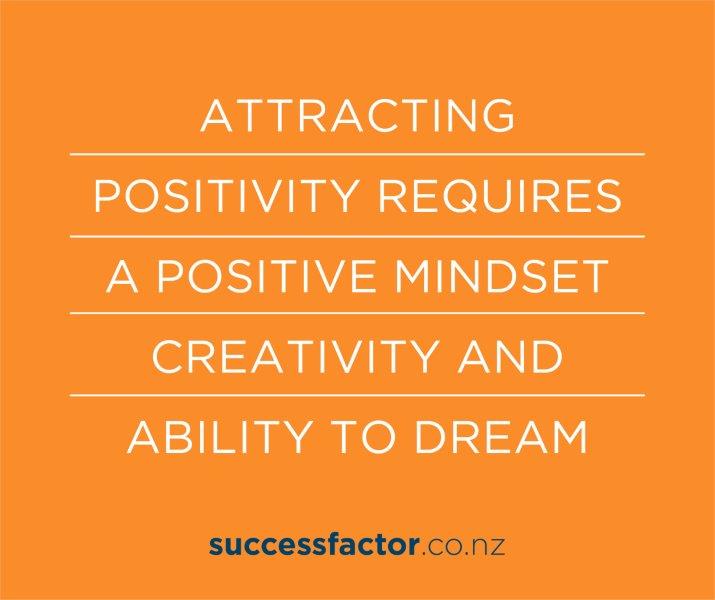
Business coaching and mentoring can play a crucial role in promoting mental health and wellbeing, as well as supporting a healthy work-life balance for individuals. In today's fast-paced and competitive business environment, professionals often face challenges that can impact their mental health, such as stress, anxiety, and burnout. Business coaching and mentoring provide a supportive and structured approach to help individuals manage these challenges effectively. Below are four areas in which business coaching & mentoring can help: Business coaching and mentoring can help individuals develop self-awareness and emotional intelligence, which are essential for managing stress and maintaining mental wellbeing. Through reflection and feedback, coaches and mentors can assist individuals in identifying their strengths, weaknesses, and triggers, and developing strategies to manage their emotions effectively Business coaching and mentoring can assist individuals in setting realistic goals and priorities and creating a healthy work-life balance. Coaches and mentors can help individuals define

